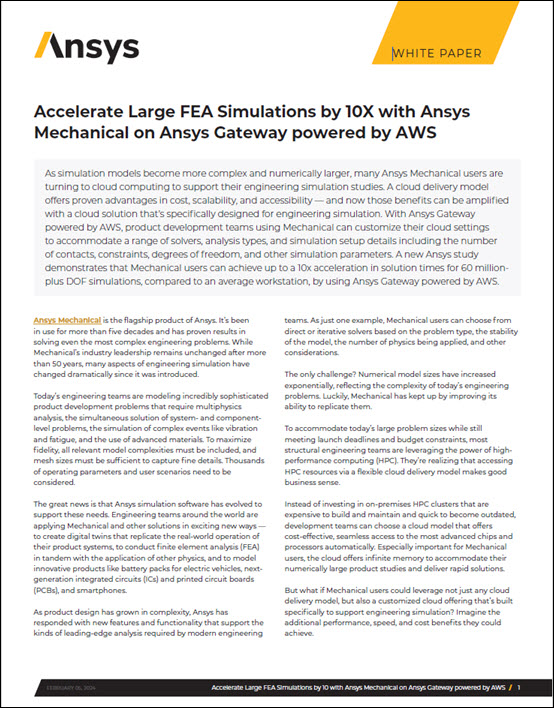 In HPC news from CEA in France, the EoCoE (Oriented Energy Center of Excellence) project officially launched earlier this month. Pronounced “Echo,” the EoCoE has a mission to create a new, long lasting and sustainable community around computational energy science.
In HPC news from CEA in France, the EoCoE (Oriented Energy Center of Excellence) project officially launched earlier this month. Pronounced “Echo,” the EoCoE has a mission to create a new, long lasting and sustainable community around computational energy science.
At the same time, EoCoE is committed to deliver high-impact results within the first three years. It will resolve current bottlenecks in application codes, leading to new modelling capabilities and scientific advances among the four user communities; it will develop cutting-edge mathematical and numerical methods, and tools to foster the usage of Exascale computing. Dedicated services for laboratories and industries will be established to leverage this expertise and to foster an ecosystem around HPC for energy. EoCoE will give birth to new collaborations and working methods and will encourage widely spread best practices.
With a total budget of 5.5 million euros, EoCoE will accompany the energy transition through targeted support for four key sectors – meteorology, materials, water and merger – all of them intensively using numerical modeling. These four pillars will be grounded in a solid transverse and multidisciplinary basis that will provide a high level of expertise in applied mathematics and high performance computing. EoCoE The project will work to achieve such meteorological simulations to predict the production of the fields of wind turbines or solar plants to couple more efficiently to the power grid, or to the development of the simulation of new materials more performance for batteries.
EoCoE is led by the House of simulation (Saclay, France), is structured around a Franco-German center (House of simulation and Forschungszentrum Jülich) coordinating a European network which includes a total of eight countries 23 teams. Its partners are heavily involved in high performance computing as in the field of energy.
EoCoE is one of eight centers of excellence in HPC established under the Horizon 2020 program of the European Commission. The primary objective of all these new centers of excellence is to strengthen European leadership in HPC applications by raising different challenges in important areas such as renewable energy, modeling and design of materials, molecular and atomic modeling, climate change, the science of global systems, biomolecular research and tools to improve the performance of these applications.
Sign up for our insideHPC Newsletter



